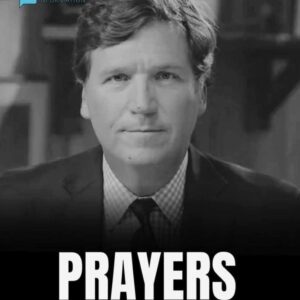Introduction
As the United States prepares for a consequential presidential election cycle in 2028, Republican circles are already abuzz with debate over who will carry the party’s banner after President Donald Trump. Among the early contenders, Vice President J.D. Vance has consistently emerged as a leading figure. His ascent—driven in large part by his role as Republican National Committee (RNC) finance chair—has prompted GOP insiders to label the 40-year-old as the presumptive front-runner.
Simultaneously, President Trump has taken concrete steps to fulfill a core campaign promise on election reform, signing an executive order designed to enhance the integrity of federal elections. That order mandates proof of U.S. citizenship on voter-registration forms, tightens federal grant conditions, and updates voluntary voting-system guidelines, among other measures.
This article provides an in-depth, professional analysis of both developments. First, we examine Vance’s trajectory within the GOP, the perspectives of party strategists and insiders, and potential challengers on both sides of the aisle. We then turn to President Trump’s election-integrity executive order—detailing its key provisions, intended impact, and broader implications for future federal and state election administration.
1. The Rise of Vice President J.D. Vance
1.1 From Best-Seller to Beltway Insider
J.D. Vance first gained national attention with the publication of Hillbilly Elegy, his 2016 memoir chronicling his upbringing in Appalachian Ohio and Kentucky. The book’s candid examination of working-class culture earned acclaim on both sides of the aisle and laid the groundwork for his entry into public service. In 2022, Vance narrowly won election to the U.S. Senate from Ohio, leveraging his outsider narrative and commitment to conservative causes.
In 2024, Vance was tapped to serve as the nation’s vice president following a campaign that emphasized economic populism, strong border security, and a return to “America First” principles. His elevation to the White House spotlight, combined with his reputation as a deft communicator, has positioned him as one of the most recognizable figures in contemporary Republican politics.
1.2 Architect of the RNC Fundraising Machine
Shortly after his inauguration, Vance accepted the role of finance chair for the Republican National Committee—a position charged with overseeing the party’s fundraising strategy, donor relationships, and resource allocation. In quarterly reports, the RNC has exceeded its projected targets for 2024 and 2025, prompting party officials to credit Vance’s energetic donor outreach and digital fundraising innovations. Under his stewardship, small-dollar contributions have surged alongside traditional high-net-worth giving, reflecting a two-pronged fundraising approach.
2. GOP Insiders’ Perspectives on 2028
2.1 Anointing the Next “Torchbearer”
According to multiple GOP operatives who spoke anonymously with the New York Post, Vance’s leadership of the RNC finance apparatus makes him the clear favorite to challenge for the party nomination in 2028. “He will establish himself as the next GOP torchbearer if he intensifies the RNC fundraising machine and the party surpasses its performance in 2026,” one source remarked. The insider added that sustaining Trump’s donor base—and expanding outreach to younger and more diverse voters—will be critical to Vance’s long-term viability.





